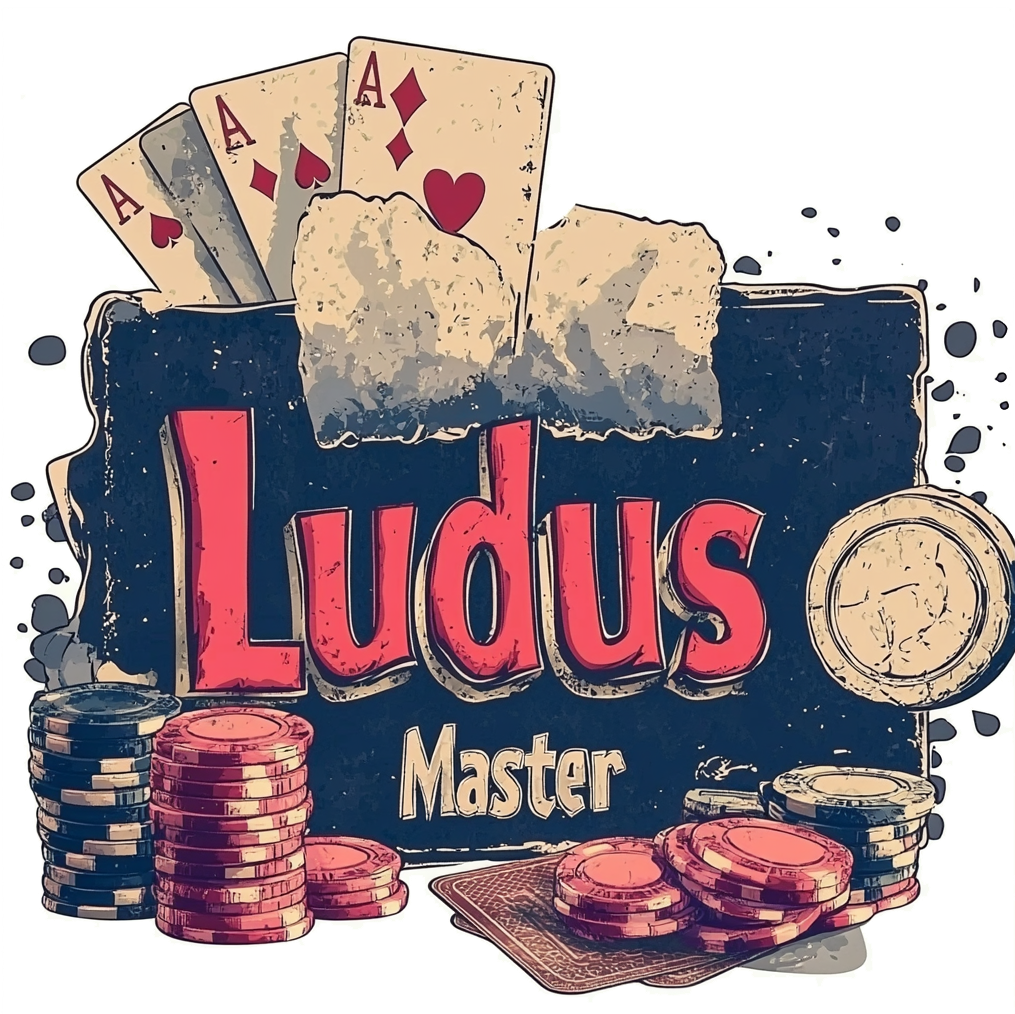Poker Tournaments vs Cash Games: Which is Right for You?

The article provides an in-depth comparison of poker tournaments and cash games, highlighting their unique characteristics, strategic differences, and financial implications. It guides players in choosing the right format based on personal goals, risk tolerance, and lifestyle preferences, while offering tips for transitioning between the two. By understanding these aspects, players can enhance their skills and maximize their enjoyment and success in the game.



